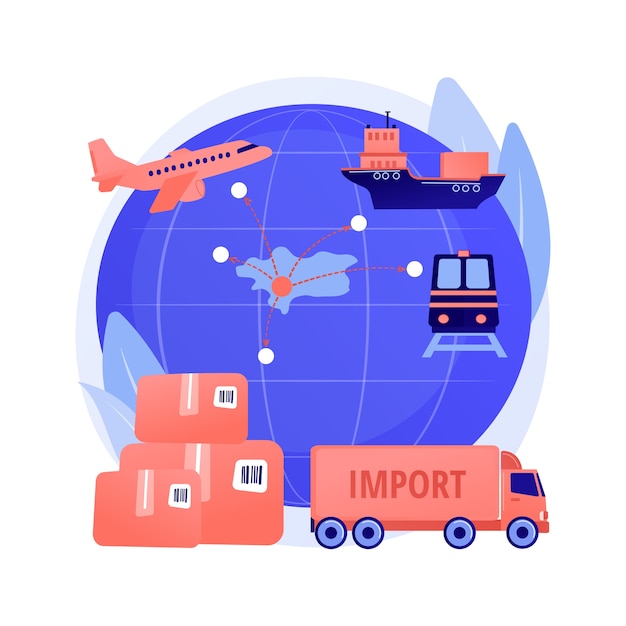
Vanuatu’s main imported goods
Vanuatu, an island nation in the South Pacific, relies heavily on imports to meet the needs of its population and support its economy. Due to limited natural resources and industrial infrastructure, the country depends on imported goods for various sectors, including agriculture, construction, and daily consumption. Below is an overview of Vanuatu’s main imported goods:
1. Food and Beverages
One of the most significant import categories for Vanuatu is food and beverages. As the nation has limited agricultural production, many food items, such as rice, flour, sugar, canned goods, and dairy products, are imported to meet domestic demand. Beverages, including bottled water, juices, and alcoholic drinks, are also brought in, particularly for the tourism sector and urban populations.
2. Fuel and Petroleum Products
Fuel is a critical import for Vanuatu, as it supports transportation, energy production, and various industries. Diesel, petrol, kerosene, and liquefied petroleum gas (LPG) are essential for vehicles, generators, and cooking. The high reliance on imported fuel makes the country vulnerable to fluctuations in global oil prices.
3. Machinery and Vehicles
Machinery and vehicles constitute a substantial portion of Vanuatu’s imports. These include agricultural machinery, construction equipment, vehicles for personal and commercial use, and industrial machinery. Such imports are crucial for the country’s infrastructure development, agriculture, and transportation needs.
4. Building Materials
The construction sector in Vanuatu depends heavily on imported building materials, including cement, steel, roofing materials, and prefabricated components. These materials are vital for housing projects, commercial buildings, and infrastructure developments, particularly in urban areas and areas recovering from natural disasters.
5. Electrical and Electronic Goods
Electrical appliances and electronic goods are also significant imports. These include household appliances, computers, mobile phones, and other consumer electronics. With the growing adoption of technology in education, communication, and business, the demand for these products continues to rise.
6. Clothing and Textiles
Vanuatu imports a significant amount of clothing, footwear, and textiles to cater to its population. Ready-made garments, shoes, and accessories are brought in from neighboring countries and international markets to meet local demand.
7. Medicines and Medical Supplies
The healthcare system in Vanuatu relies on imported medicines, medical equipment, and supplies. Vaccines, antibiotics, surgical tools, and diagnostic machines are essential imports to ensure adequate healthcare services.
8. Consumer Goods
A variety of consumer goods, such as toiletries, cleaning products, and packaged household items, are imported to meet the everyday needs of residents. These goods are mainly sourced from nearby countries like Australia, New Zealand, and China.
9. Agricultural Inputs
Vanuatu also imports agricultural inputs such as fertilizers, pesticides, and seeds to support its farming activities. These inputs are crucial for enhancing productivity in the country’s agricultural sector, which remains a key source of livelihood.
10. Luxury and Tourism-Related Items
As a popular tourist destination, Vanuatu imports luxury goods, including wine, spirits, and specialty foods, to cater to international tourists. These products play a significant role in the hospitality and tourism industry, which is a cornerstone of the country’s economy.
Trade Partners
Vanuatu’s main trade partners for imports include Australia, New Zealand, Fiji, China, and Japan. These countries supply a large share of Vanuatu’s imported goods, thanks to their proximity and established trade agreements.
In summary, Vanuatu’s imports reflect the country’s reliance on external sources to sustain its economy and improve the quality of life for its citizens. Food, fuel, machinery, and building materials dominate the import landscape, underscoring the nation’s dependence on global trade for essential goods and services.




Leave a Reply